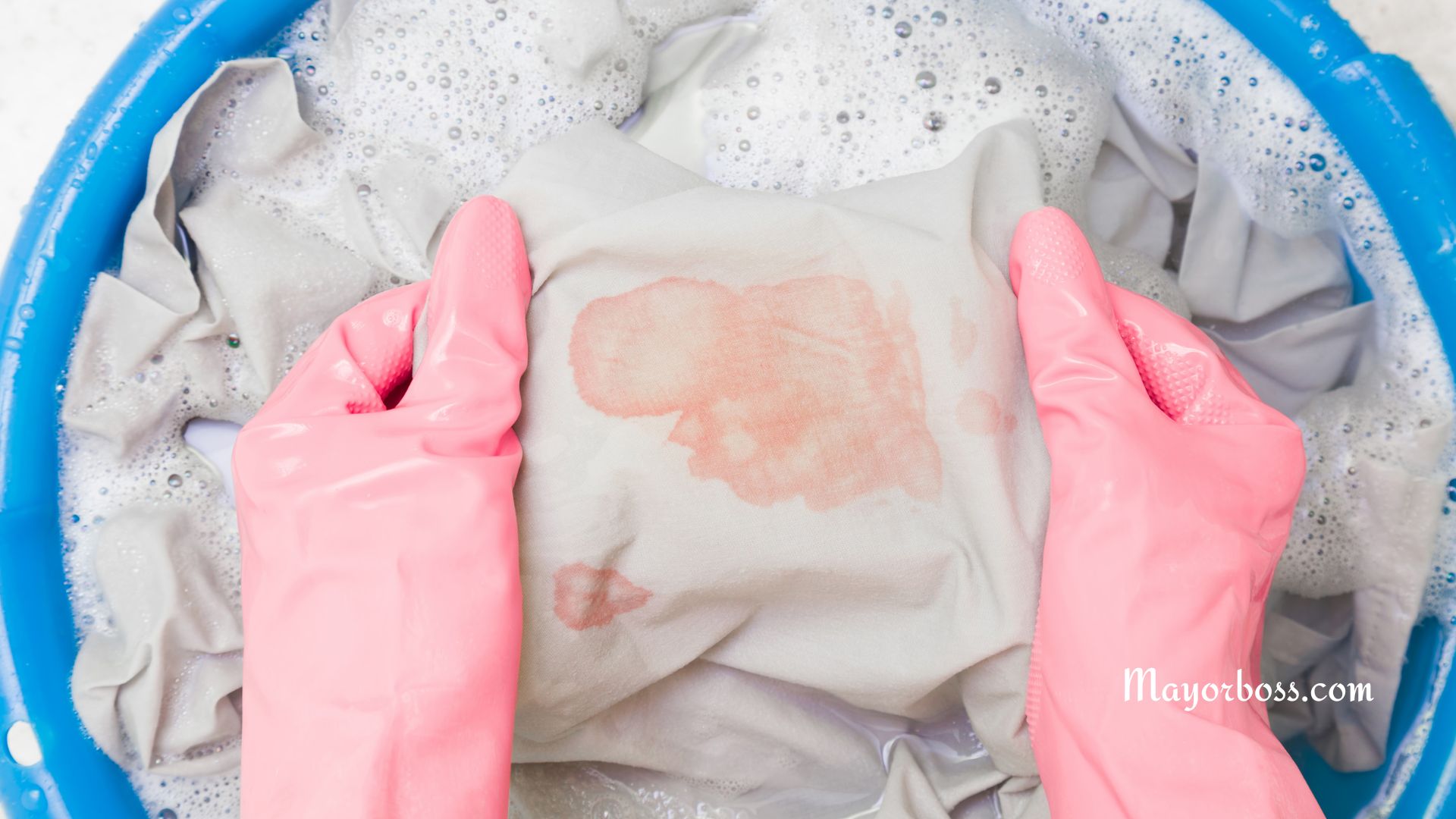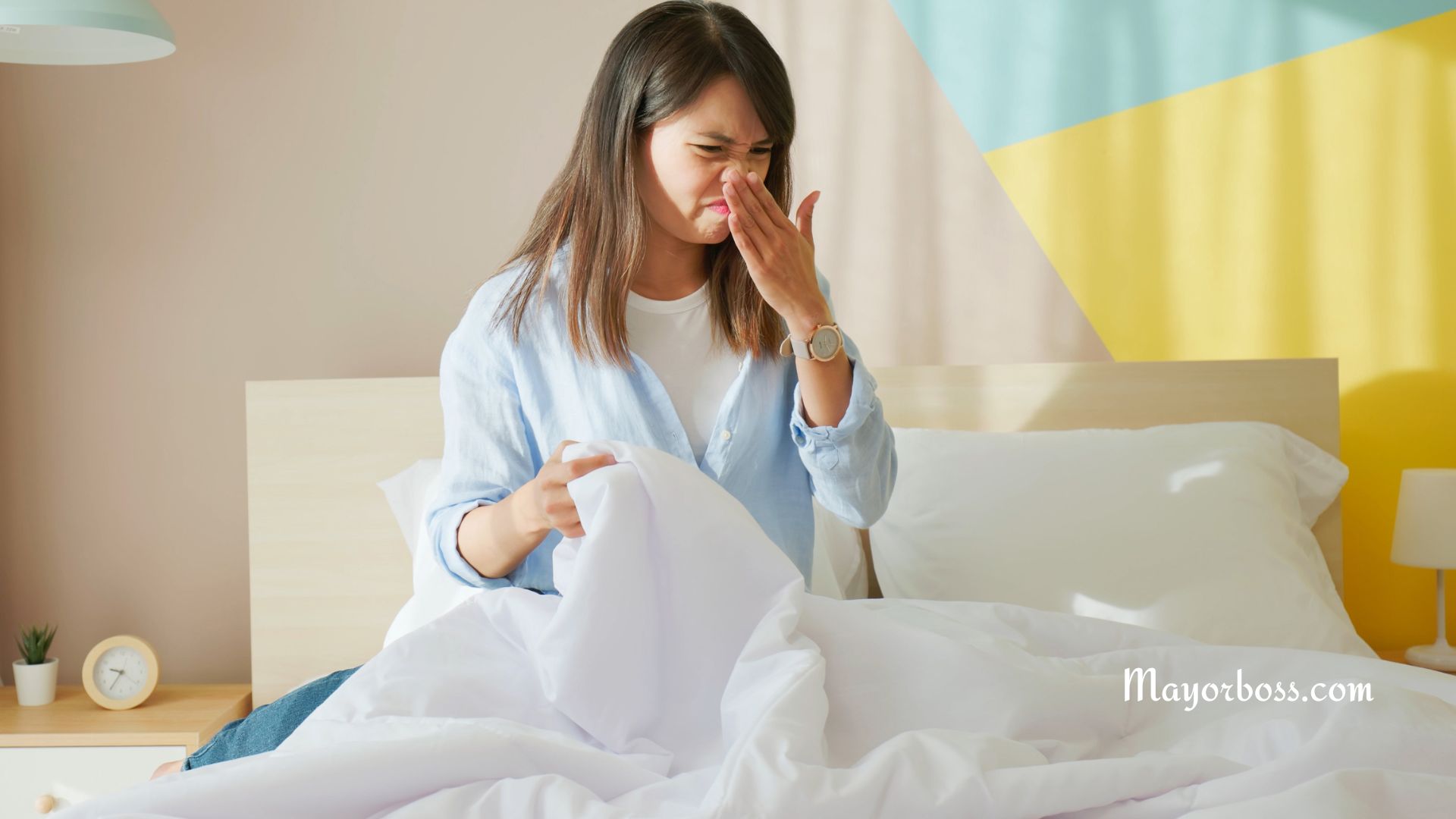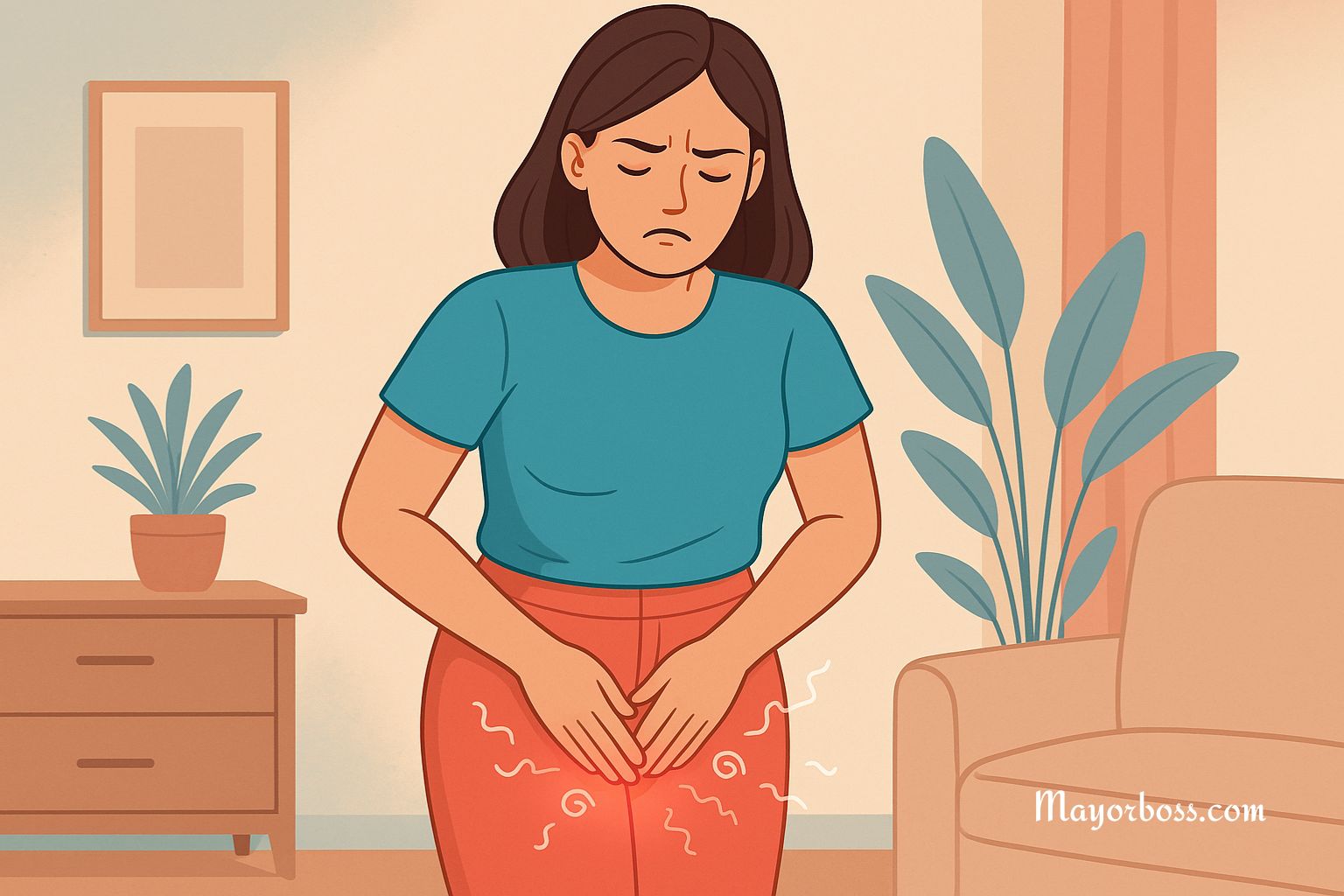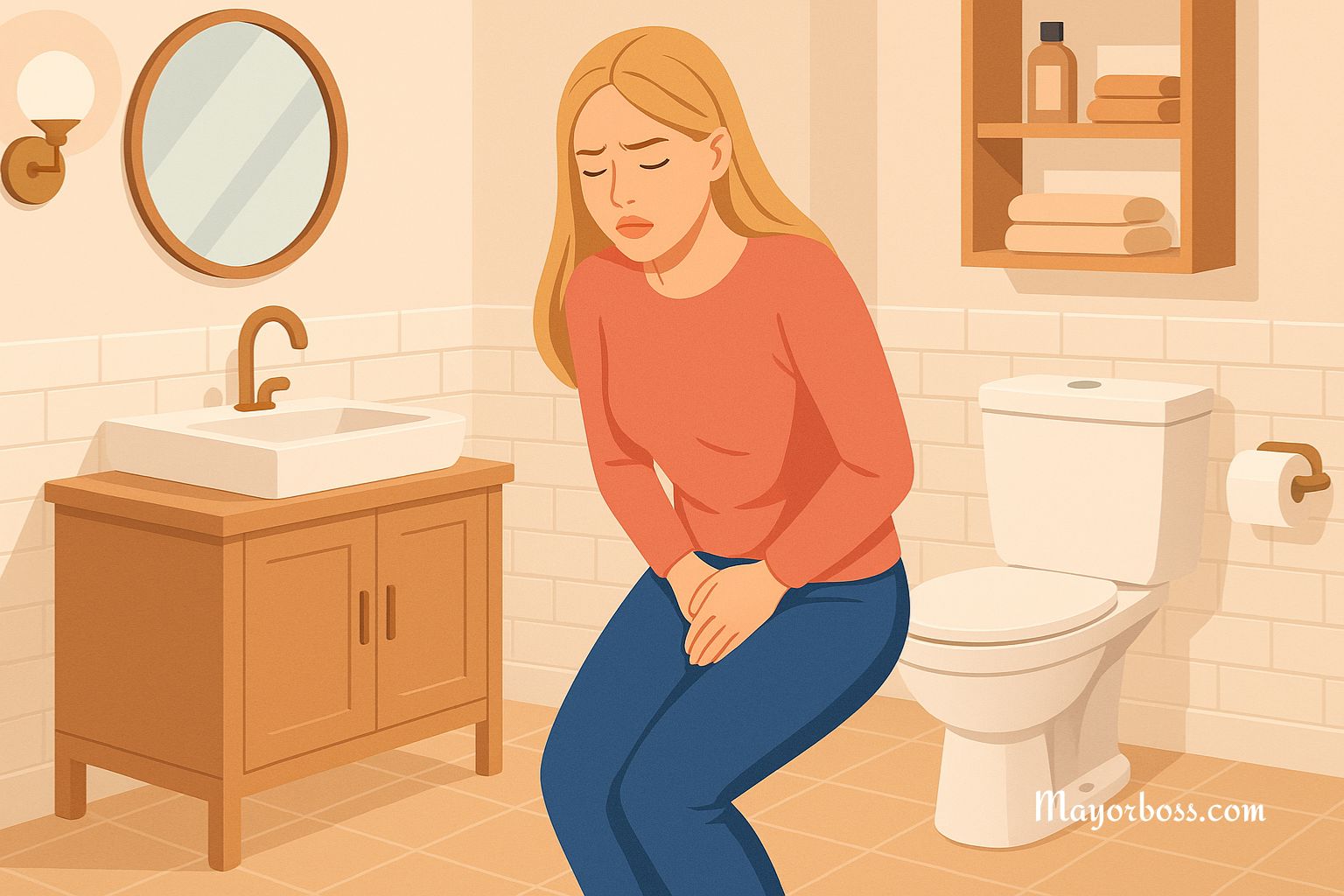What is the Menstrual Cycle?
What is the Menstrual Cycle?
In simple words, the menstrual cycle is a natural, monthly process that most women go through if they’re of reproductive age, usually between ages 12 and 51. This cycle helps your body get ready for the possibility of pregnancy. You’ll notice different things happening, like getting your period, feeling emotional changes, and ovulating (releasing an egg from the ovary).
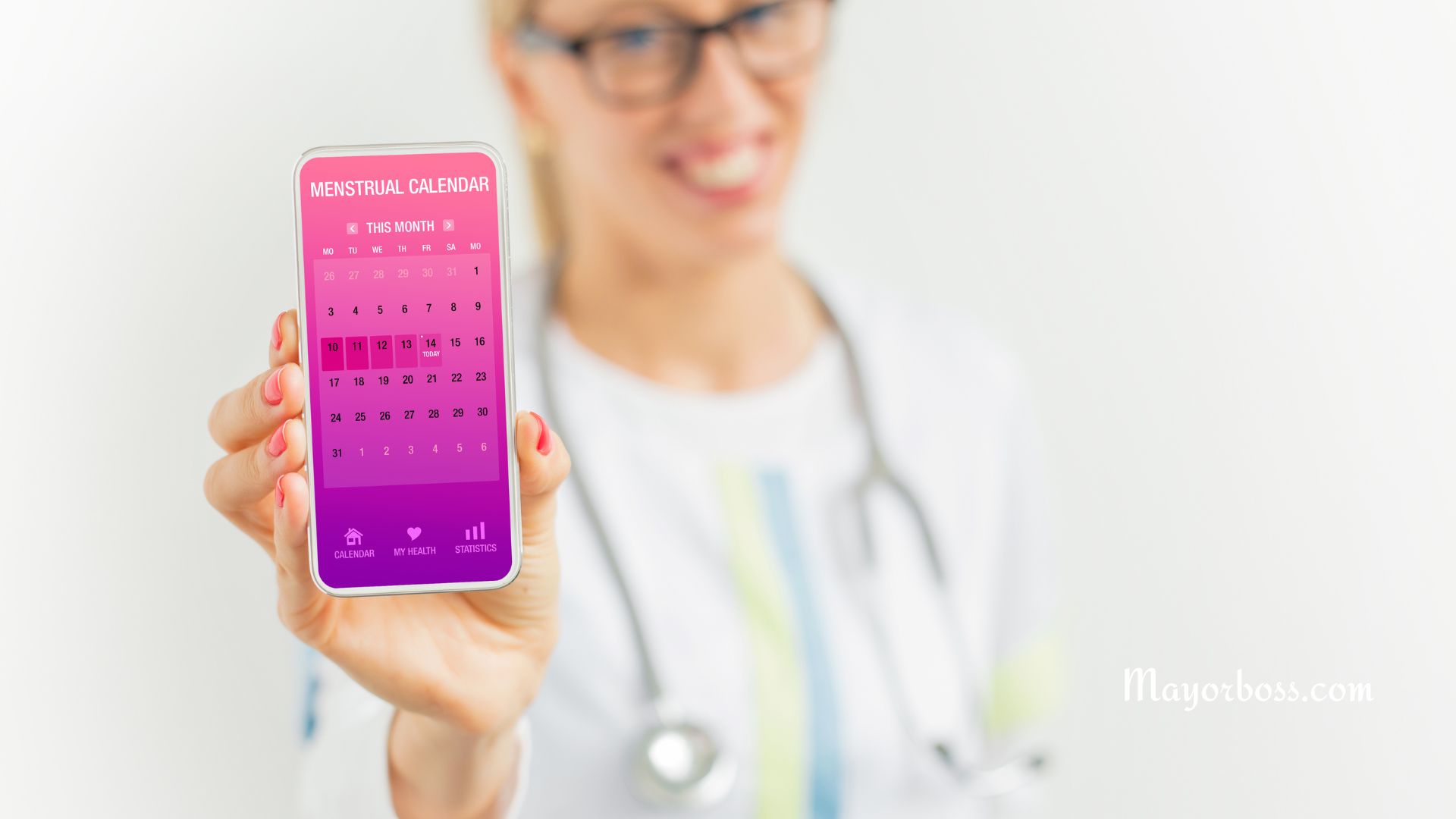
What Happens During the Menstrual Cycle?
So, you might be wondering what’s going on inside you each month. Your menstrual cycle is broken down into different phases: the menstrual phase, the follicular phase, ovulation, and the luteal phase.
Menstrual Phase: The Period Part
This is the time when you have your period. During these days, the lining of your uterus comes out through your vagina. You’ll need to use pads, tampons, or menstrual cups to keep yourself clean.
Follicular Phase: Building Up
After your period, your body gets busy preparing for the next big event—ovulation. Your ovaries start getting a tiny egg ready. Meanwhile, the lining of your uterus starts getting thicker, just in case this egg gets fertilized later on.
Ovulation: The Egg Makes its Debut
Around the middle of your cycle, the egg is finally released from the ovary. If sperm is around, this is the time when you could get pregnant. Some women feel a little twinge of pain during ovulation.
Luteal Phase: Wait and See
Now, your body waits to see if the egg gets fertilized. If not, you’ll start your period, and the cycle begins again. During this time, some women experience PMS (Pre-Menstrual Syndrome), which can make you feel a bit moody or crampy.
Why Do I Feel So Emotional?
Hormones are like little messengers that tell your body what to do. During your menstrual cycle, they go up and down, which can affect your mood. So, if you’re feeling extra emotional or touchy, it’s probably because of these hormone changes. You’re not alone; many women feel this way.
How Long Does a Menstrual Cycle Last?
A typical menstrual cycle lasts about 28 days, but this can vary. Some cycles are as short as 21 days, while others can stretch up to 35 days. It’s also common for cycles to be a bit irregular when you’re a teenager or as you get closer to menopause.
How Long Does the Period Itself Last?
The period is just one part of your whole menstrual cycle, and it usually lasts 2 to 7 days. During this time, you’ll shed the lining of your uterus, which results in the bleeding you experience. The amount of flow and the length of your period can also vary, but generally speaking, 2 to 7 days is the norm.
Can I Get Pregnant Anytime During the Cycle?
Although you’re most likely to get pregnant during ovulation, it’s not impossible at other times. Sperm can live inside you for up to 5 days, waiting for an egg. Therefore, if you’re not planning on having a baby yet, it’s smart to use birth control at all times unless you’re sure about your cycle and are taking precautions.
What If My Cycle Is Irregular?
If you notice your menstrual cycle is often irregular, it’s a good idea to consult a healthcare provider. Irregular cycles can sometimes indicate health issues like hormonal imbalances or even Polycystic Ovary Syndrome (PCOS).
According to healthcare providers, it’s always better to keep track of your cycle and symptoms. This way, you can provide accurate information when you seek advice.
How to Track Your Menstrual Cycle
Keeping tabs on your menstrual cycle can be really useful. You can use an app, a calendar, or even just plain old pen and paper. Mark down the first day of your period and count the days until your next period starts. This will give you an idea of how long your cycle usually lasts. Plus, this info can be super helpful if you ever need to talk to a healthcare provider about your cycle.
When Should I See a Doctor?
If you experience extreme pain, very heavy bleeding, or cycles longer than 35 days, it’s important to consult a healthcare provider. They can help rule out any serious conditions and can offer advice tailored just for you.
Frequently Asked Questions
Can I Swim While on My Period?
Yes, you absolutely can swim while you’re on your period! Using a tampon or a menstrual cup can help you stay comfortable and worry-free while you’re in the water. Just make sure to change your tampon or empty your menstrual cup after swimming so you stay clean and comfortable.
Why Is My Period Late?
Don’t panic if your period is a little late. There are many reasons for a late period, and they’re not all related to pregnancy. Stress, changes in your weight, or even traveling can throw off your cycle. However, if your period is more than a week late, it’s a good idea to check in with a healthcare provider for advice.
Is It Normal to Have Cramps?
Yes, cramps are a common part of the menstrual cycle for many women. They happen because your uterus is contracting to help shed its lining. Over-the-counter pain relievers like ibuprofen can help, as can warm baths or heating pads. If the cramps are really bad and affecting your day-to-day life, you should consult a healthcare provider.
Can I Exercise During My Period?
You sure can! In fact, exercise can help relieve some symptoms of PMS, like mood swings and cramps. Aerobic exercises like swimming or jogging can boost your mood and help your cramps feel less intense. So don’t skip gym class or your regular workout just because you’re on your period.
What Foods Should I Eat or Avoid?
During your period, you might crave all kinds of foods, like sweets or salty snacks. However, certain foods can actually help or worsen your symptoms. Foods rich in iron and protein can help counteract fatigue, while it’s best to avoid too much salt, as it can make bloating worse. A balanced diet can help you feel your best during your period.
Does Age Affect Cycle Length?
Yep, age can definitely have an impact. Young girls just starting their period often have longer and more irregular cycles. As you get older, your cycle is likely to become more regular. However, when women approach menopause—usually in their late 40s to early 50s—the cycle can become irregular again before it eventually stops.
And there you have it! Your menstrual cycle is a complex but totally natural part of being a woman. Knowing what happens during each phase can help you make sense of what you’re going through each month.

